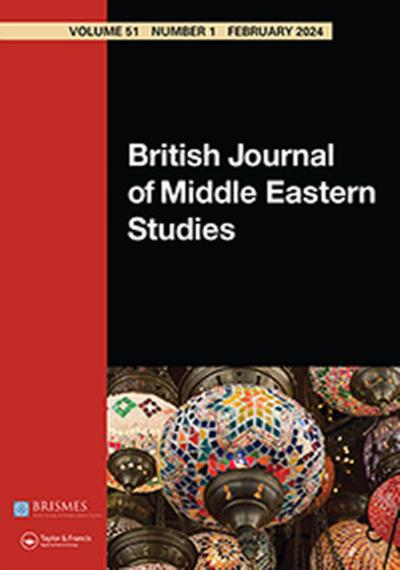DERAP Working Paper
| 1992
"Kvinner i utvikling" i Gambia. Nye kjønnsrelasjoner med hjelp fra Verdensbanken?
Bergen: Chr. Michelsen Institute (DERAP Working Paper D 1992: 2) 25 p.
How to cite this publication:
Heidi Skramstad (1992). "Kvinner i utvikling" i Gambia. Nye kjønnsrelasjoner med hjelp fra Verdensbanken? Bergen: Chr. Michelsen Institute (DERAP Working Paper D 1992: 2)
The paper discussed whether it is likely that the agricultural and the health component in a large, recently started Women in development project in the Gambia will be able to meet women's gender needs. These components will probably meet only few of women's practical gender needs, it is argued. It is also doubtful whether these project components will promote basic changes in power relations between the genders in favour of women. Although some Gambian women have been in charge of most of the project design and implementation and thus are empowered by the projectk, it seems rather unlikely that the project will empower women within its target group.


